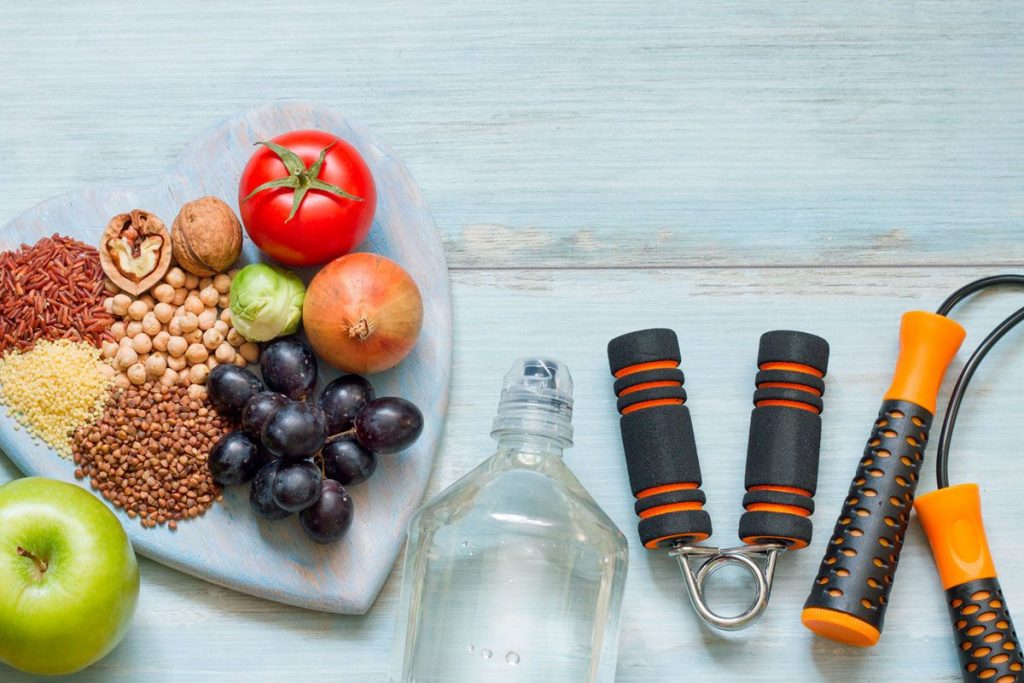
Essential Tips To Prepare For Food Allergy Testing
Understanding food allergies and finding the right solutions to manage them can be life-changing. If you’re considering food allergy testing Dubai, a few simple steps beforehand can help ensure a smoother experience and yield accurate results. Below are some useful tips to help you get prepared.
Know the purpose of your test:
Food allergy testing can involve different procedures, such as skin prick tests, blood tests, or food elimination diets. Each test is unique in its approach to identifying allergens. Speak with your healthcare provider to fully understand which type of testing you’ll undergo and what it aims to identify. Knowing the purpose can help you prepare mentally and physically for the process.
Avoid certain medications before the test:
Some medications, particularly antihistamines, can interfere with allergy tests by suppressing allergic reactions. Your doctor will likely advise you to stop taking these medications for a period (typically around 5-7 days) before the test. This precaution helps ensure the test results are as accurate as possible. However, never stop any medication without consulting your healthcare provider first.
Keep a food diary:
For a week or two before your test, consider keeping a detailed food diary. Note down everything you eat, including portion sizes and any symptoms you experience after consuming specific foods. This record can give your allergist valuable insight into possible food triggers, which can then be used to guide your testing.
Limit foods that trigger reactions:
If you already suspect certain foods trigger allergic reactions, it’s best to limit your intake before the test to avoid severe reactions. However, avoid making drastic dietary changes until consulting with your doctor, as they may prefer you to maintain your regular diet before the test to capture accurate baseline data.
Stay hydrated and rested:
Allergy testing can sometimes cause minor side effects, such as itchiness, swelling, or mild discomfort, particularly with skin prick tests. Arriving well-hydrated and rested can help your body cope with any mild reactions and make the experience less stressful overall.
Ask about aftercare steps:
In some cases, you may experience mild symptoms after testing, especially if you undergo a skin prick test or an oral food challenge. Ask your doctor in advance about any recommended aftercare steps, such as applying creams or taking mild pain relievers. This preparation can make recovery easier if you experience any discomfort post-test.